Today was the second day of us in Nairobi. It was cloudy and chilly. We felt rested after a good night’s sleep. Myriad birds flew around at dawn, chirping happily. Bugs sit on leaves in the lush gardens, tranquil and indifferent.
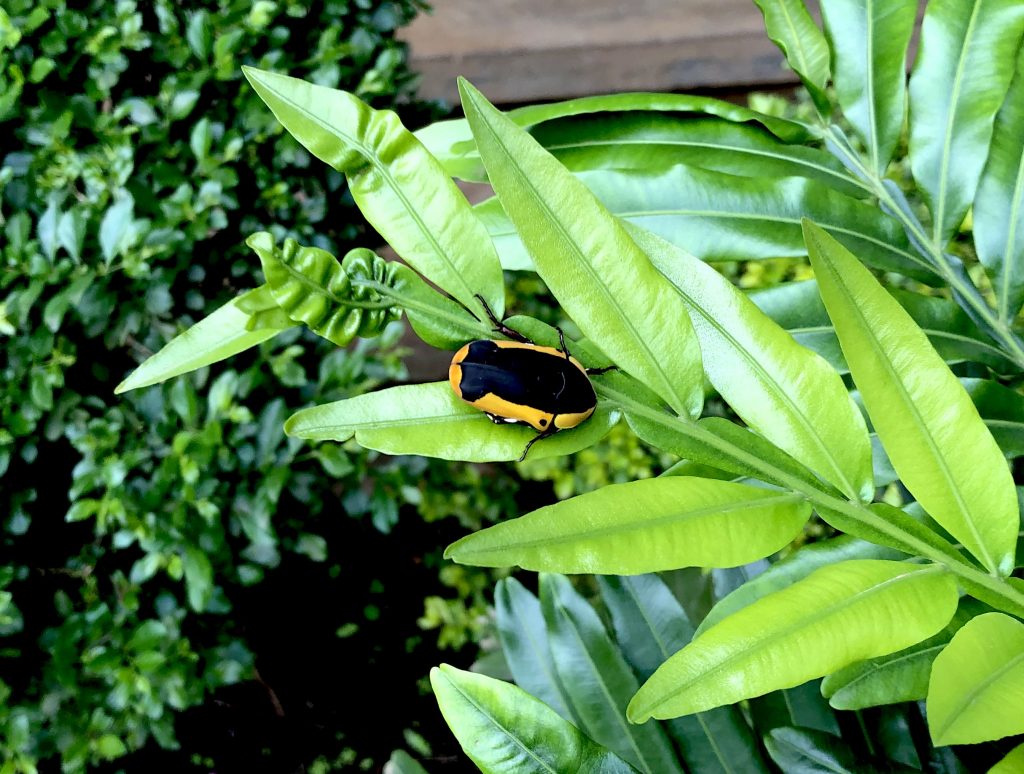
Colorful beetle at Kolping conference centre
Along with warm smiles from Eucabath and Mia, we had delicious cassava, custom-cooked omelets and fried mushrooms at 8am, followed by some free time discussing on debate and article assignments.
- Eucabath and Mia making omletes
- Shannon with a delicious omelette
- Breakfast lineup
Dr. Stephen Lougheed gave us an introductory lecture on Geology of East Africa. His lecture included several interesting topics inc including plate tectonics and its relation to species distributions, the importance of soils (edaphic factors), and the formation of rift valley. These discussions set a foundation for understanding some key contributions to the biodiversity of East Africa. The most astonishing aspect of the geology of East Africa, the Rift Valley, formed by divergence between plates, is that it produces unique habitats such as soda lakes. Species such as flamingos come to these areas to feed on the algae that contains beta-carotene, which gives them their pink plumage colour. We also briefly touched on species diversity, and estimating global species richness.
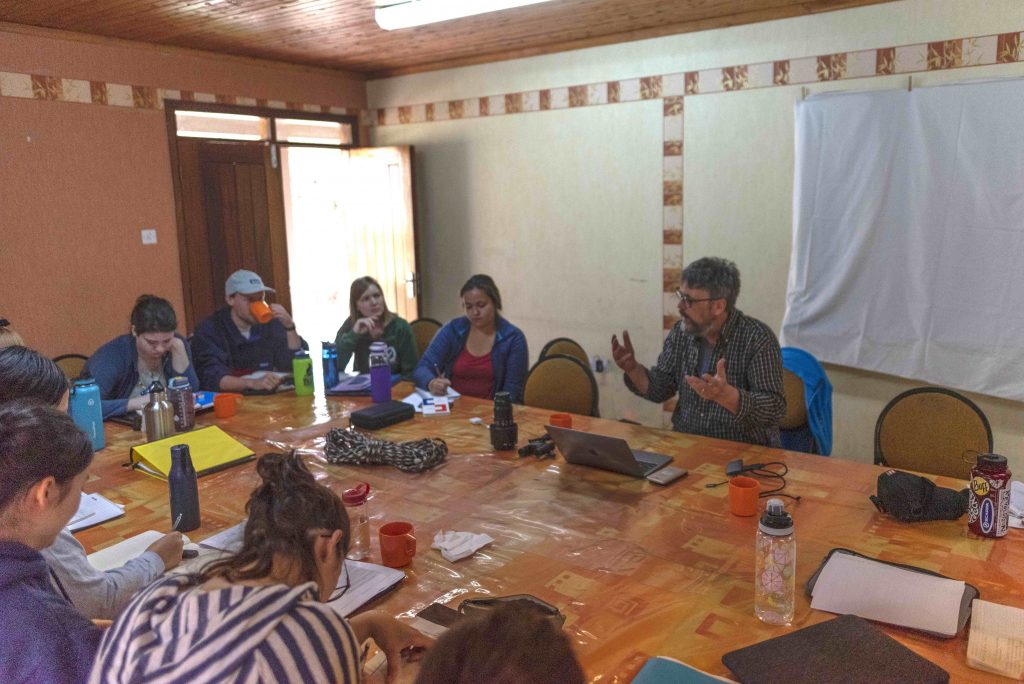
Chatting about the importance of geology
Lunch was delicious as always with noodles, rice, a vegetable dish, salad and fresh fruits. The afternoon was warmer with the sun coming out from behind the clouds. We had time to work our assignments (and play a little hackey sack!).
A GPS tutorial was given by Dr. Yuxiang Wang, with a preliminary geo-caching activity. It was a fun and straightforward exercise preparing us for the geo-caching in Mount Kenya.
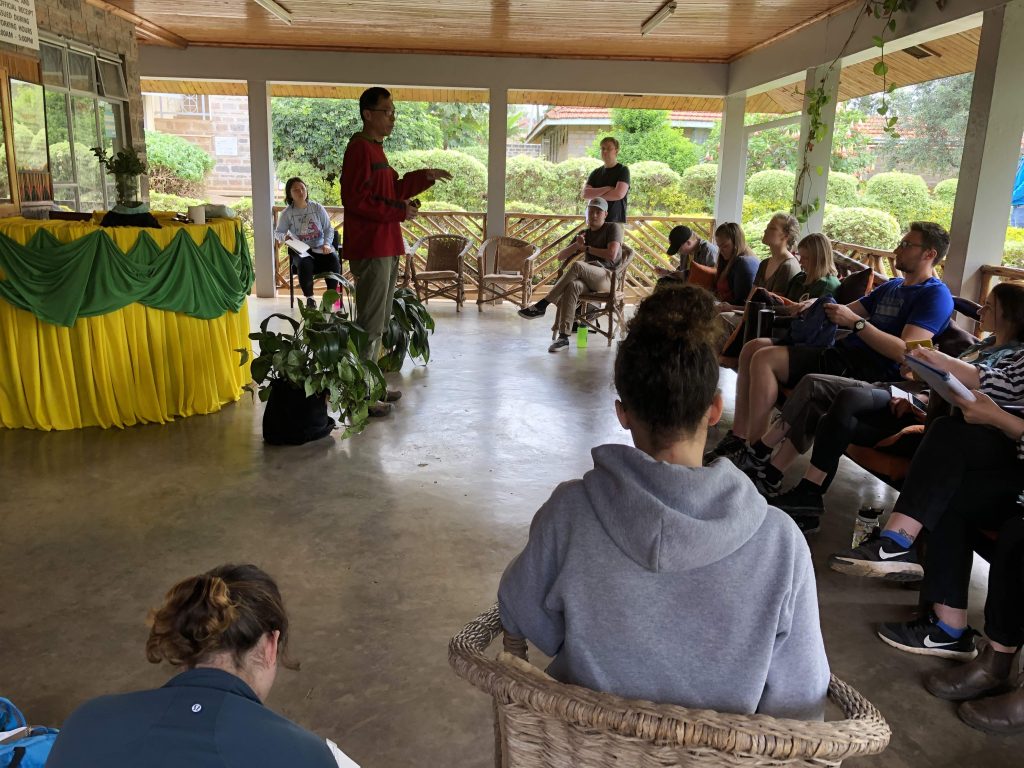
Yuxiang and an GPS exercise
Carol, an ecologist from Kenya and our teaching coordinator for the course, kindly offered us an open discussion on a wide range of topics including social, political, cultural, economical, and environmental aspects of Kenya. The talk was incredibly informative and offered us a better understanding of the history of 42 Kenyan ethnic groups and the independence of Kenya. We also learnt that the educational, medical and political systems are very different from Canada with challenges in poverty and equity. Culture differences occur among ethnic groups. For instance, in contrast to other groups, Kikuyu grooms typically give a warm coat to the bride’s mother when they get married because he is taking the mother’s warmth.
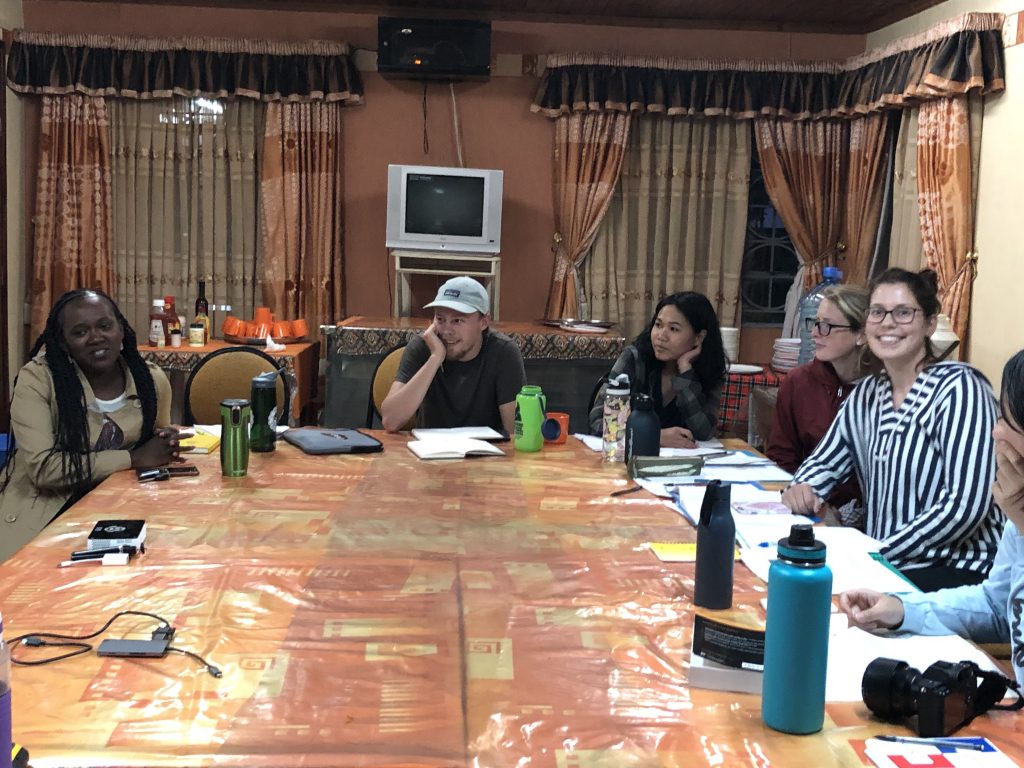
Carol chatting about the peoples and history of Kenya
We finished off the day with yummy chicken, mashed potatoes, chili and chapati for dinner. We went to bed with the sounds of crickets and frogs to rest up for a super early morning tomorrow.
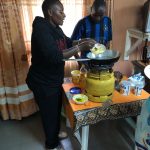
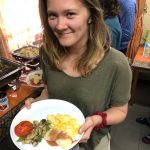
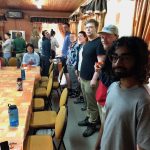
Leave a Reply